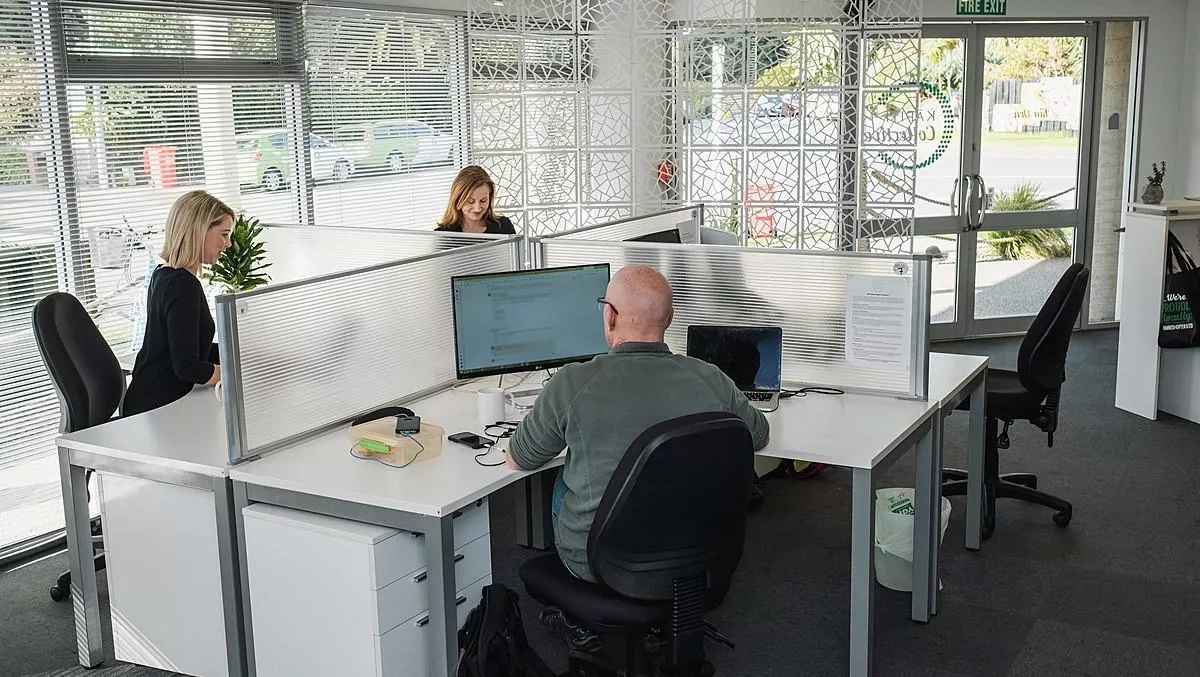
New Zealand co-working spaces get ready to reopen at Level 2
The return of co-working under alert level 2 is being welcomed by Coworking Aotearoa, New Zealand's co-working industry association.
The association says allowing co-working under level 2 will help to boost businesses and support local economies.
It says the members of Coworking Aotearoa, a Facebook group of over 200 co-working owners and managers, have been supporting each other to develop safe plans to reopen at level 2, emphasising the importance of social distancing, utilising the right systems to support contact tracing and implementing increased hygiene practices.
Association spokesperson Marie-Claire Andrews says the guidance from the government is that co-working spaces should operate the same way as office spaces under level 2, wherever they are in a position to safely do so.
"It is incredibly positive to see our co-working spaces reopen again, many of which have been paying commercial rent while having no income," Andrews says. Andrews is the owner of 3Mile Coworking in Carterton.
"We believe this will also be a great boost for other businesses as coworking spaces have significant flow-on effects for local businesses and our regional economies," she says.
Andrews says that before COVID-19, co-working was on the rise, and expects the trend to continue as some co-working spaces are reporting an increase in enquiries.
"We are seeing some companies hesitating around renewing leases and are looking for options around flexible spaces to move their teams into and wanting flexibility over long term commitments," she says.
"Not all businesses have the space to accommodate the physical distancing requirements and co-working spaces offer ideal overflow for those businesses. They also offer respite for those workers still required to work from home, even on an occasional basis, to be back in a professional environment."
Owner of shared space Kapiti Collective, Hannah Delaney, says co-working is becoming a more accessible option as businesses reassess working environments for their staff, as well as taking into account the worker's desire to spend more time and money within their local regions.
"Co-working spaces keep money in the regions they operate in and help to support local businesses such as cafes and eateries. They also have positive benefits on a worker's mental health, reducing travel time, and allowing workers to spend more time with their families," she says.
"The by-product is that productivity and output increases because of a healthier work lifestyle, which is really a win-win for everyone."
Most co-working spaces in New Zealand are expected to reopen from the start of level 2.


